After the 2025 high school graduation exam, teachers can initially evaluate the positive and negative aspects of the 2018 General Education Program. "One program, many sets of textbooks" is a correct policy, which has long been applied in many countries with advanced education. However, the application and implementation of the 2018 General Education Program has many limitations, in which the content of textbooks is only a part of the impact.
Lack of consistency between textbooks
First of all, regarding textbook selection, I think that the classroom teacher is the one who chooses the appropriate textbook. Establishing a Textbook Selection Council under the provincial and municipal levels is unreasonable, depriving teachers and students of their right to choose.
Next is the way the chapters and lessons of the textbooks are arranged is not consistent, not on a common curriculum framework from the Ministry of Education and Training. For example, in the Math 10 program, the Knowledge Connection (KNTT) book series combines the content of the lesson "Vectors in the Coordinate Plane" into the Vector chapter in semester I, while the Creative Horizon and Canh Dieu book series put this content in semester II. Similarly, in the Math 11 program, the KNTT book series puts the Statistics chapter in semester I, while the remaining book series put this content in semester II. It is the lack of uniformity and consistency that is affecting the "fair competition" environment between textbooks.
In addition, the content of the textbooks has many questions that are "reality" related and forced. The policy is correct, but when it comes to implementation, everyone does whatever they want, writing whatever they want, causing social turmoil, making parents and students confused. That is why public opinion wants to return to the same textbooks as before!
What can be seen from comparing graduation exam scores and transcript scores?
Another important thing when evaluating the 2018 General Education Program is the way to evaluate learning outcomes. Looking at the 2025 High School Graduation Exam, we can also see the inadequacies in the evaluation. Combining "dual" goals, using graduation exam results for university admission is inappropriate, if not "impossible". People say that students only need to get 3 points to graduate, and the remaining 7 points are used to differentiate university admission. But then, comparing the transcript score with the graduation exam score is extremely lame. Because evaluating the transcript is to evaluate the learning process, and the exam score is the result of a single exam, with many influencing factors. With the current way of organizing exams, can a student with an average score of 7.0 for the whole year and a test score of 3.0 be considered normal or not, if not "meeting" the criteria set by the 2025 High School Graduation Exam! So is the perspective of parents different from that of educational leaders?
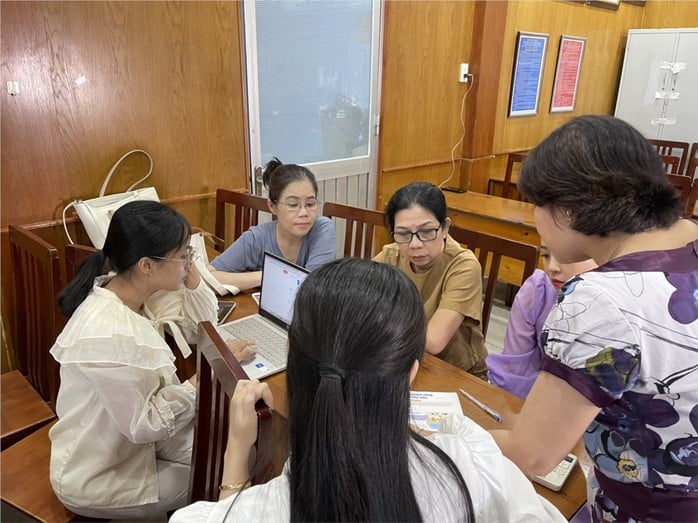
Teachers in Ho Chi Minh City during a session to contribute ideas to the selection of textbooks.
Some textbooks were found to have many "errors" as soon as they were released, but the publishers quietly "corrected" or recalled them, causing waste and expense. After that, the group of authors of the textbooks widely consulted both inside and outside the education sector and made timely public corrections. But why is it necessary to consult public opinion when the writing of textbooks is a socialized activity and is the responsibility of private organizations?
Due to the inconsistency in compiling textbooks and the lack of reliability in the evaluation, not only parents and students want better products, but teachers also see the need for a standardized set of textbooks. The current view is that textbooks are just a tool, a learning material, a "link" for learners to access other learning materials for the purpose of supplementing information. With that argument, some opinions say that having another set of textbooks compiled by the Ministry of Education and Training is unnecessary.
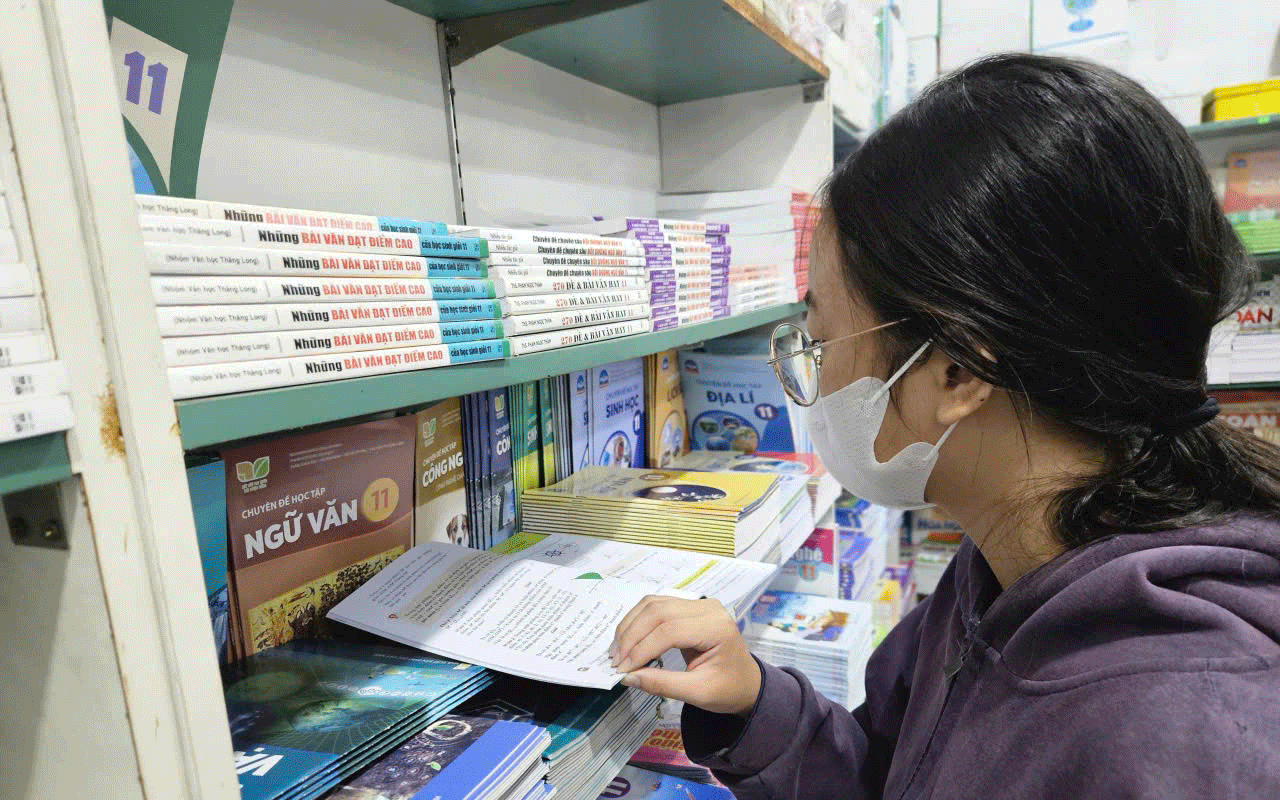 Opinions on Textbooks: Reforming Textbook Policy
Opinions on Textbooks: Reforming Textbook PolicyHowever, as mentioned above, do parents have to grit their teeth and use "substandard" private textbooks because there are no better options?
An "open" policy requires users to have the freedom to choose and the right to "boycott" and eliminate substandard products. This is a legitimate desire, not only for the benefit of students but also for long-term educational orientation.
Source: https://nld.com.vn/nen-dung-chung-hay-nhieu-bo-sach-giao-khoa-196250802111849972.htm







![[Photo] Da Nang: Hundreds of people join hands to clean up a vital tourist route after storm No. 13](https://vphoto.vietnam.vn/thumb/1200x675/vietnam/resource/IMAGE/2025/11/07/1762491638903_image-3-1353-jpg.webp)
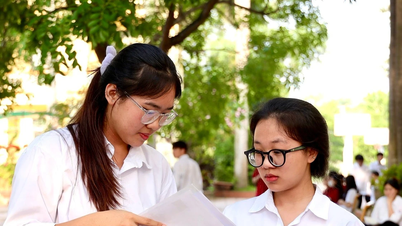

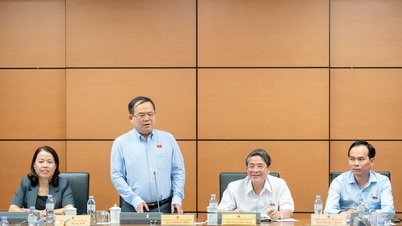

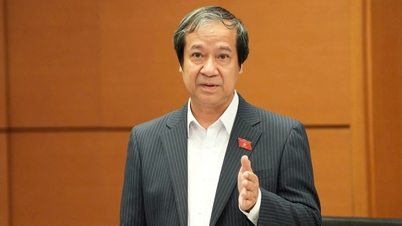

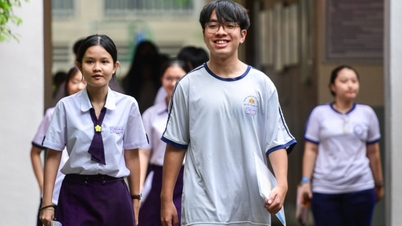






























































































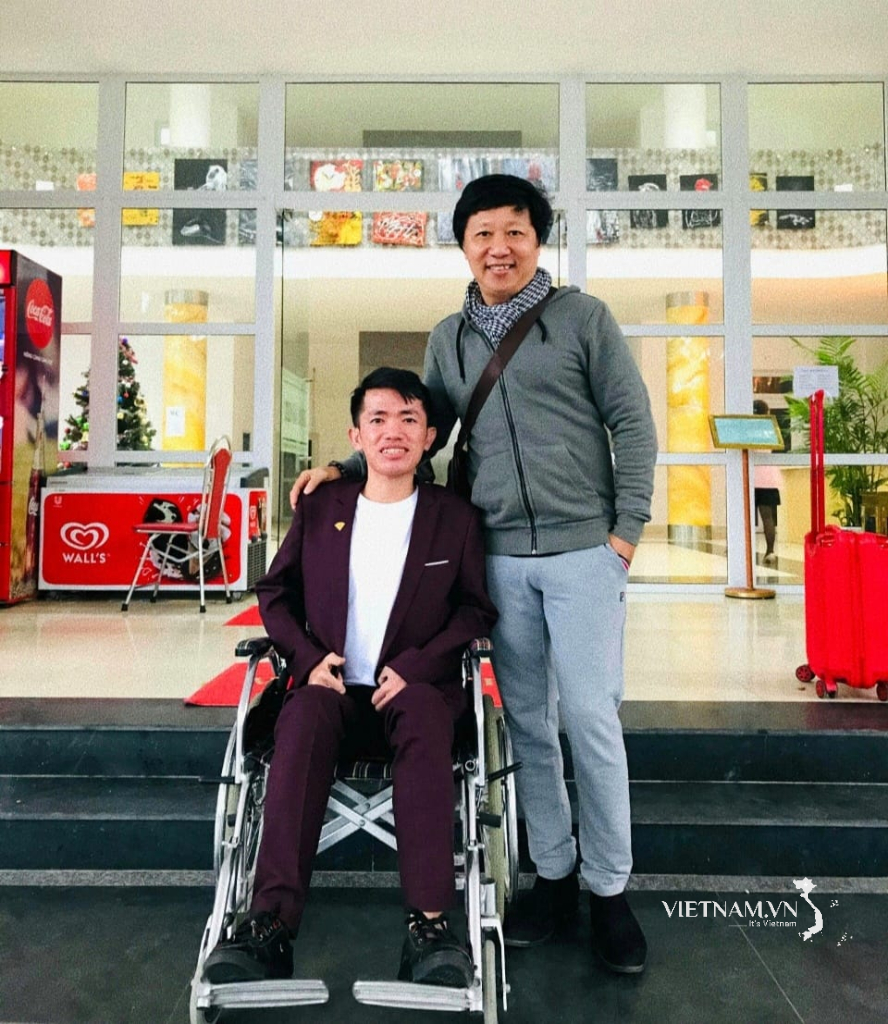



Comment (0)